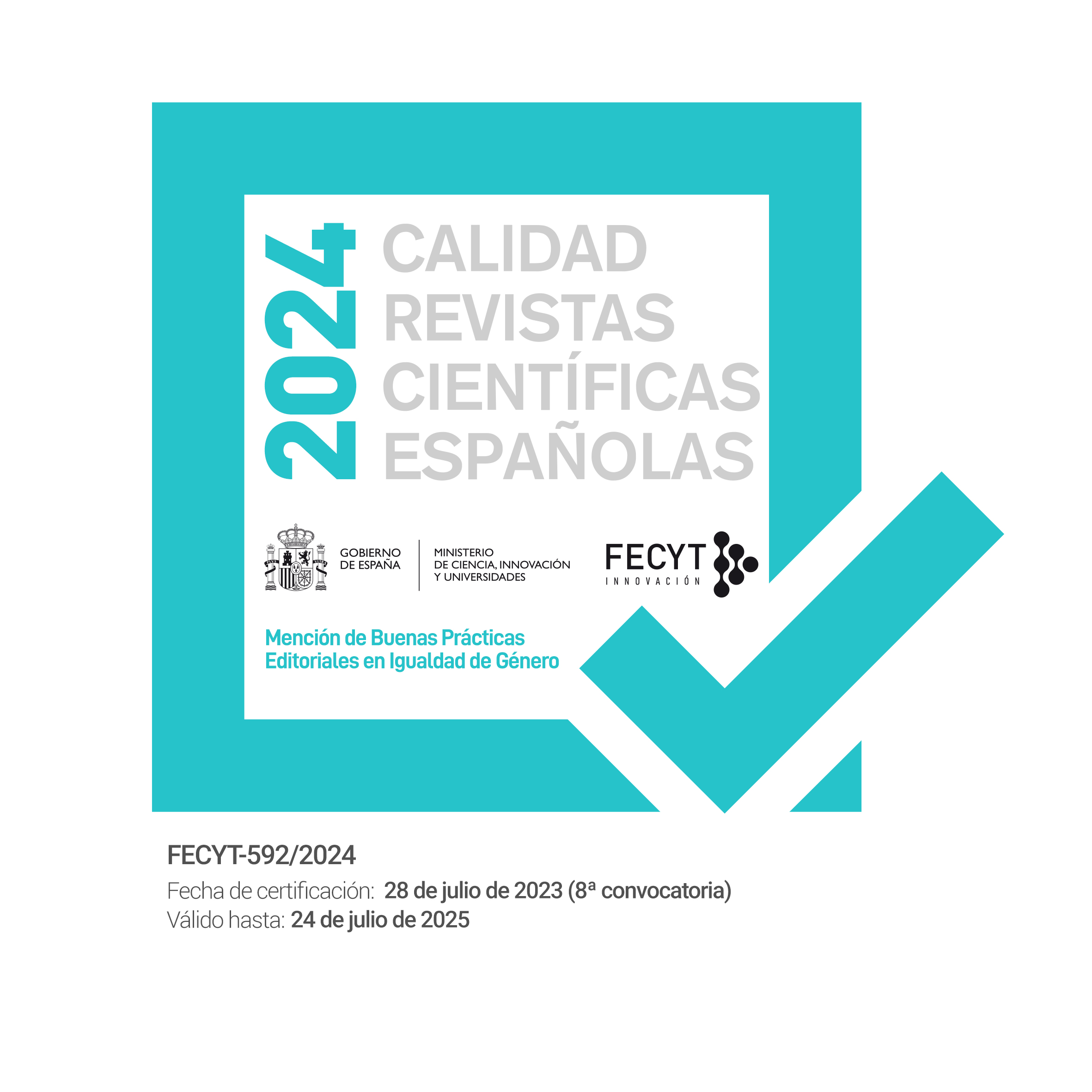Submissions
Submission Preparation Checklist
As part of the submission process, authors are required to check off their submission's compliance with all of the following items, and submissions may be returned to authors that do not adhere to these guidelines.- The submission has not been previously published, nor is it before another journal for consideration (or an explanation has been provided in Comments to the Editor).
- The submission file is in OpenOffice, Microsoft Word, RTF, or WordPerfect document file format.
- Where available, URLs for the references have been provided.
- The text of the manuscript has an extension of between 6,000 and 10,000 words, DIN A4 paper size, 1.5 line spacing, 12 point Times New Roman font; and all the graphs, figures, and tables are placed in the right places in the text, instead of at the end.
- The text adheres to the stylistic and bibliographic requirements outlined in the Author Guidelines.
- If submitting to a peer-reviewed section of the journal, the instructions in Ensuring a Blind Review have been followed.
Copyright Notice
Deusto Journal of Human Rights / Revista Deusto de Derechos Humanos is an Open Access journal; which means that it is free for full and immediate access, reading, search, download, distribution, and reuse in any medium only for non-commercial purposes and in accordance with any applicable copyright legislation, without prior permission from the copyright holder (University of Deusto) or the author; provided the original work and publication source are properly cited (Issue number, year, pages and DOI if applicable) and any changes to the original are clearly indicated. Any other use of its content in any medium or format, now known or developed in the future, requires prior written permission of the copyright holder.
Privacy Statement
The names and email addresses uploaded to this website will be used exclusively for the stated purposes of this Journal and will not be made available for any other purpose, or to any other party.
In addition, the University of Deusto provides adequate support and maintenance to the Journal's website, paying special attention to security aspects that help protect users against viruses and malware.
For all of the above, the guidelines regarding privacy and security policies established by the University of Deusto (https://www.deusto.es/es/inicio/privacidad) will be followed.


3.jpg)
3.jpg)
3.jpg)
.jpg)








